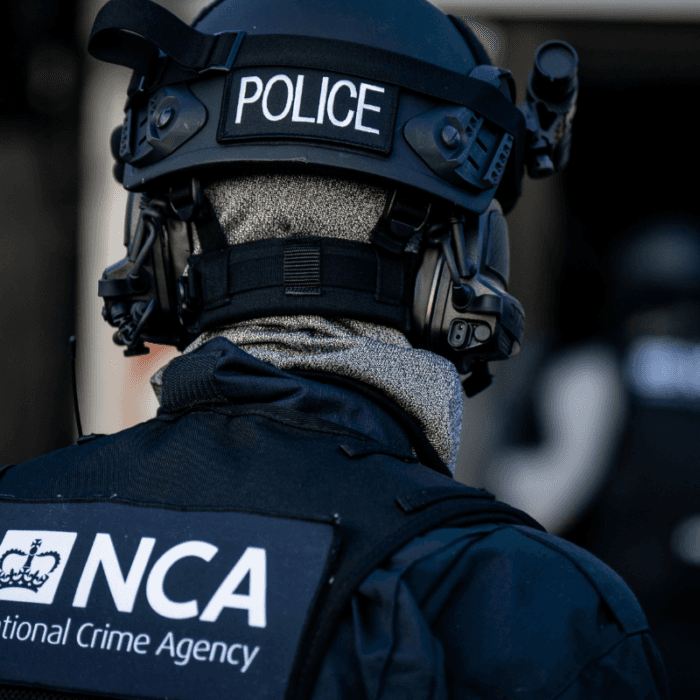Police across England and Wales have arrested 1,660 people involved in County Lines drug dealing, the National Police Chiefs’ Council (NPCC) has said.
Police also seized £1.98 million in cash and over £3 million worth of Class A and Class B drugs, alongside 557 weapons during a week-long operation to crack down on drug traffickers, the NPCC said on Friday.
Investigators said they confiscated 5.2 kilograms of crack cocaine, 6.1 kilograms of heroin, and around 19,000 cannabis plants.
The operation, which took place between Nov. 25 and Dec. 2, saw officers from forces across the country close 261 County Lines.
County Lines are drug dealing networks, normally running from cities to suburban and rural areas, which are named for the mobile phone lines used to coordinate the drug sales. In November, the NPCC said that it recorded the existence of around 6,600 County Lines in 2023/2024.
The NPCC’s lead for County Lines, Commander Paul Brogden, said that relentless police action against the drug trafficking networks in previous intensification weeks had resulted in criminals changing their business models, as dealers seek to evade detection.
Brogden said that this has prompted forces to “be agile in our approach to continue to effectively suppress and disrupt drug supply chains.”
Child ‘Runners’
County Lines are run by “Line Holders” who coordinate “runners” to deliver drugs. Often, these runners are vulnerable people, including children.Brodgen said that in the process of operations in last week, police had safeguarded 1,434 people, of which 48 percent were children.
“This is why we continue to focus on a prevention-first approach to tackling County Lines,” the NPCC lead said.
Cuckooing
Police forces in England and Wales also visited 853 addresses used by drug dealers for “cuckooing.”Cuckooing is a form of criminal exploitation, where drug dealers take over the homes of vulnerable people, such as drug addicts, the mentally ill, single parents, and even the elderly. Drug dealers will accommodate their runners at these properties because they are less conspicuous than using their own homes or hotels.
The NPCC says that while use of the properties may start out as consensual, like in cases where the resident is an addict, arrangements can “quickly sour” and County Lines networks may use violence to occupy the property.
Police also seized four XL Bullies, a dog breed that is illegal to own in the UK without a certificate of exemption, and where there are bans on breeding the dog or having it in a public place without a lead and muzzle.
Scotland
Operations conducted by Police Scotland as part of the NPCC’s intensification week saw 81 people arrested and 54 evidential search warrants executed.Officers seized more than £60,000 in cash, along with more than £180,000 worth of heroin, £120,000 of crack cocaine, and £22,000 of cocaine. Cannabis, cannabis edibles, ketamine, and synthetic opioids were also seized.
Police visited 79 addresses—25 they believed were used as cuckooing houses—and safeguarded 66 people.
Police Scotland’s Assistant Chief Constable Andy Freeburn said: “Protecting those vulnerable people in our communities, particularly children who are all too often coerced, groomed and threatened by County Lines drug dealers remains a priority for Police Scotland officers.
Money Laundering Networks
Crime and policing minister Dame Diana Johnson described County Lines as “one of the most violent and exploitative model of drug supply and we are determined to stop these heartless gangs from luring young people into a life of crime.”Johnson added that the government would introduce a new offence to tackle child criminal exploitation.
The NCA said it was the agency’s largest money laundering investigation in a decade, resulting in 84 arrests and £20 million seized.







